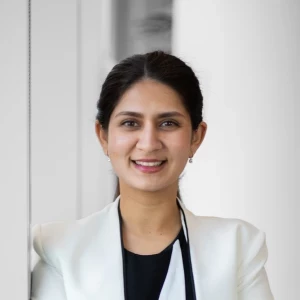Hi,
At what point do consultants start to specialise? Do they tend to specialise by function or industry (or both)?
How does one maneuver to align themselves into their areas of interest rather than being pigeonholed into something that he/she just happen to have a lot of experience in?
Is it possible that an individual could be an expert in areas that may not appear to have natural synergies? Eg. Strategy, Digital and Private Equity, Aerospace and FMCG. (Random example)
Can individuals be part of one group and dotted lined to another groups? Or are they strictly defined buckets?
Also do you pick a mentor or are you assigned a mentor? How do you ensure you get a good mentor fit?
Thanks














